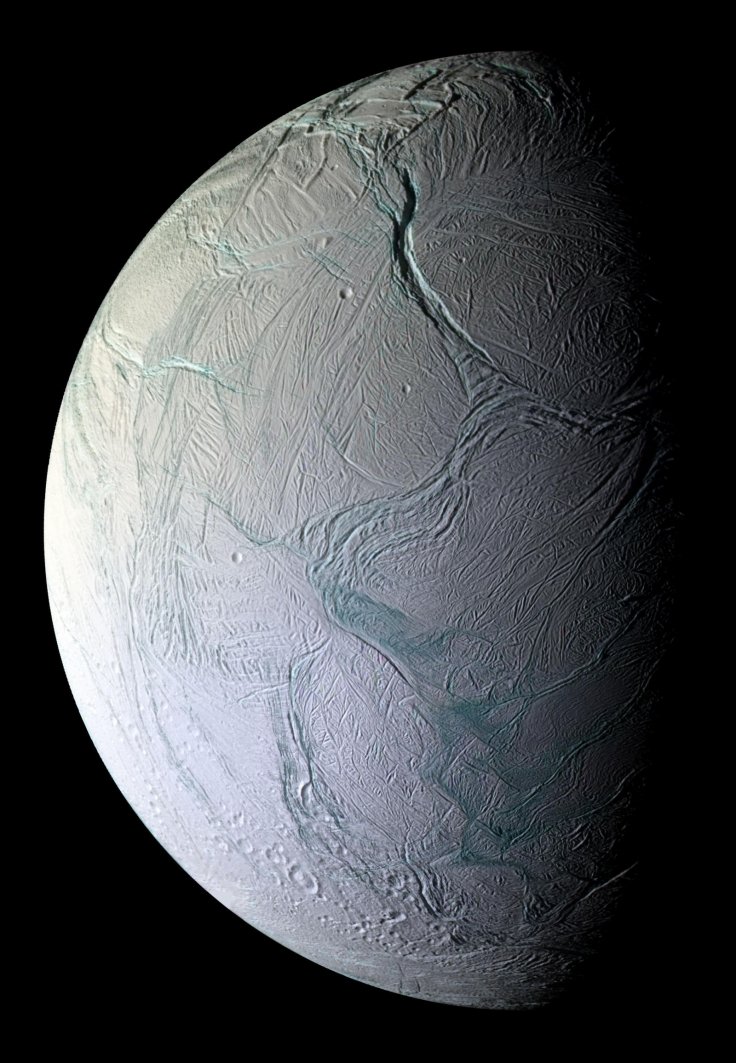
Planetary scientist and NASA adviser Carolyn Porco suggested that Saturn's moon Enceladus could be the best possible habitat where alien life may be thriving.
"I have a bias, and I don't deny that. But it's not so much an emotional attachment with objects that we study, it's a point of view based on the evidence. We simply know more about Enceladus," told Carolyn to the Ars Technica website.
Until now, Mars and Jupiter's moon Europa were NASA's hot contestants to spot extraterrestrial life. It should be noted that the new statement from Porco has come just a few days after a team of scientists discovered positive evidence of life on Enceladus.
The study report published in the journal Nature revealed that the sample collected by NASA's Cassini spacecraft has found traces of carbon-rich substances as well as the basic requirements for life to sustain in Saturn's moon.
Compared to Titan, Enceladus is pretty much tiny which measures only 310 miles. Experts believe that there is a subsurface ocean on Enceladus and initial analysis of the identified organic materials spewed into space from this cosmic body which indicates the positive possibility of a habitable environment.
It was long back in the 1990s that NASA's mission Galileo studied about Europa. However, scientists are still unable to say whether Europa has similar organic plumes like Enceladus or whether they contain any organic materials.
As per Carolyn, there is now enough evidence that Enceladus contain life-sustaining elements and she argued that it will be a better place than Titan and Europa to look for extraterrestrial existence. She also made it clear that another moon of Jupiter, Ganymede which also likely has a subsurface ocean is a strong contestant to find alien life.
"There is a lot of excitement, but it's speculation at this point. Of course, I'd choose Enceladus. Everybody wants to have a subsurface ocean these days. We know it's the best, and it stands the greatest chance of making that next big step," added Carolyn.









